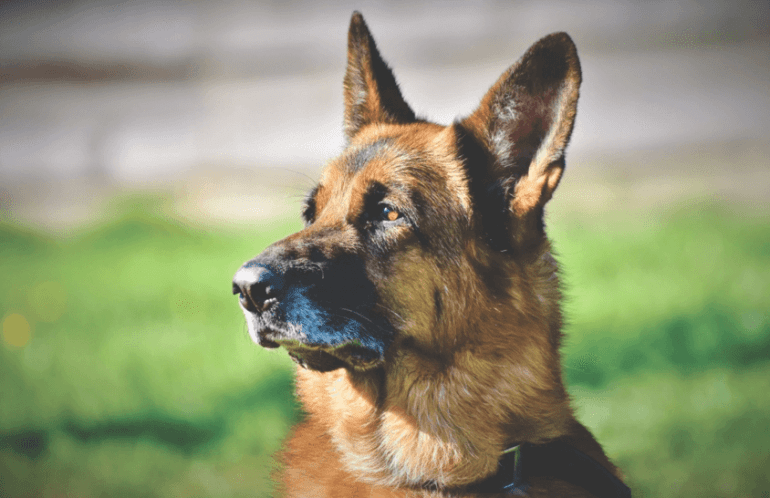Have you ever considered getting a service dog for yourself or a loved one? If you or someone you know has a disability, a service dog can provide much-needed help.
Service dogs have been changing lives for over thirty years, and the need for them is ever-growing.
They can provide mobility, cognitive assistance, and hearing/visual support. Service dogs can even detect oncoming seizures in the owner.
Service dogs make the world a more accessible place for people with disabilities. And in most cases, getting one is a much easier task than you may think.
If you are thinking about getting a service dog, read on to learn more.
Choosing the Best Breed for You
There are a variety of breeds that make excellent service dogs. The best breed for you will depend on your individual needs and lifestyle.
If you are looking for a service dog that can assist with mobility, a Labrador Retriever or Golden Retriever may be a good choice. If you suffer from allergies, a hypoallergenic breed such as a Poodle or Bichon Frise may be a better option.
And if you live an active lifestyle, a breed such as a Border Collie or Australian Cattle Dog may be a better fit. Ultimately, the best breed for you is the one that best suits your needs and lifestyle.
Choosing Your Provider
When you are in the market for a service dog, you want to be sure to find a reputable and reliable provider. There are a few things you should keep in mind when choosing your provider.
You want to make sure the provider has the experience and a good track record. Also, be sure that the provider is willing to work with you to find the right dog for your needs.
Choose one that is willing to provide training and support for both you and your service dog. And lastly, you want to be sure the provider is affordable.
By keeping these things in mind, you can be sure to find the best possible provider for your needs. If you don’t know how and where to start looking, you can ask the experts here for advice.
Who Can Get A Service Dog
Service dogs are not only for people with visible disabilities like blindness. Many people with “invisible” disabilities can also use a service dog. Examples of these conditions are PTSD, seizure disorders, diabetes, and autism.
To get a service dog, you first need to have a disability that would benefit from the assistance of a service dog. You will also need to be able to care for the dog and provide proof of veterinary care. You will also need to be able to train the dog to perform the tasks that you need help with.
Getting a Service Dog
A service dog can provide invaluable assistance to someone with a disability. They can help with tasks like opening doors, retrieving items, and providing support during mobility tasks.
If you or someone you know is considering getting a service dog, be sure to do your research. Make sure that you find a reputable organization to train and place the dog.
If you want to see more articles like this one, check out the rest of our website!

